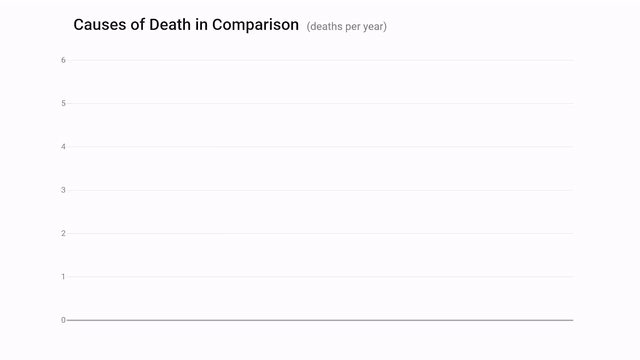When heart attacks go unrecognized!!!

Researchers at Duke University in the United States say it is common for heart attacks to have unrecognizable symptoms, especially when we talk about 'silent attack' - or myocardial infarction - which poses a serious risk of death. And when it comes to surviving a heart attack, the time it takes to help the victim is crucial.
In the United States alone, an estimated 200,000 people suffer from heart attacks each year without realizing it. This silent type of attack corresponds to 25% of the total heart attacks, ie it is really a serious health problem.
In this sense, cardiologist Chauncey Crandall has elaborated and shared with TIME magazine, some tips to make it easy for you to recognize the signs and ask for help in time.
Crandall explains that the human body warns days, weeks and even months before it is about to have a heart attack. The problem is that these signals are vague, silent, and may even be completely painless; Many people do not even realize that they are actually related to the heart.
Symptoms
According to the cardiologist, you need to be aware of the presence of four specific signs and have nothing to do with what you usually see in movies, ie when someone puts their hand on their chest, feels bad and falls to the ground; Although this type of attack does exist, it is the least common.
Crandall further explains that the difference between a heart attack and a stroke is which artery is blocked: the one that irrigates the brain or the one that irrigates the heart.
Therefore you should be aware of the following symptoms:
Chest pain
It is undoubtedly the most common symptom. It is important, however, to know that there are two worrying types of chest pains: the first is one that you feel all over your body; the second, which occurs only in the left and central regions and may run through the left arm. This pain can occur in different ways: coming and going over and over with a brief pain; more pain and longer intervals. The discomfort, less or more intense, will exist anyway.
Shortness of breath
Even if you have no chest pain, shortness of breath can be a strong indicator of a heart attack. A study published in the UK indicates that among those who had heart attacks, three out of five had shortness of breath - including patients who had no chest pain. Shortness of breath may appear before or during a heart attack. In the presence of this symptom, be sure to seek medical attention.
Indigestion or heartburn
This is because the body does not always feel the pain directly. Stomach nerve cells are located near the heart, which makes these two situations - heartburn and heart attack - confusing.
Nausea and Vomiting
These two characteristics are generally classified as atypical when it comes to a heart attack. It is important to understand that in this case, the signals occur together with others, and almost never on their own. Of course, you should always be aware before you go into despair. When in doubt, consult a doctor to find out how your heart is doing.